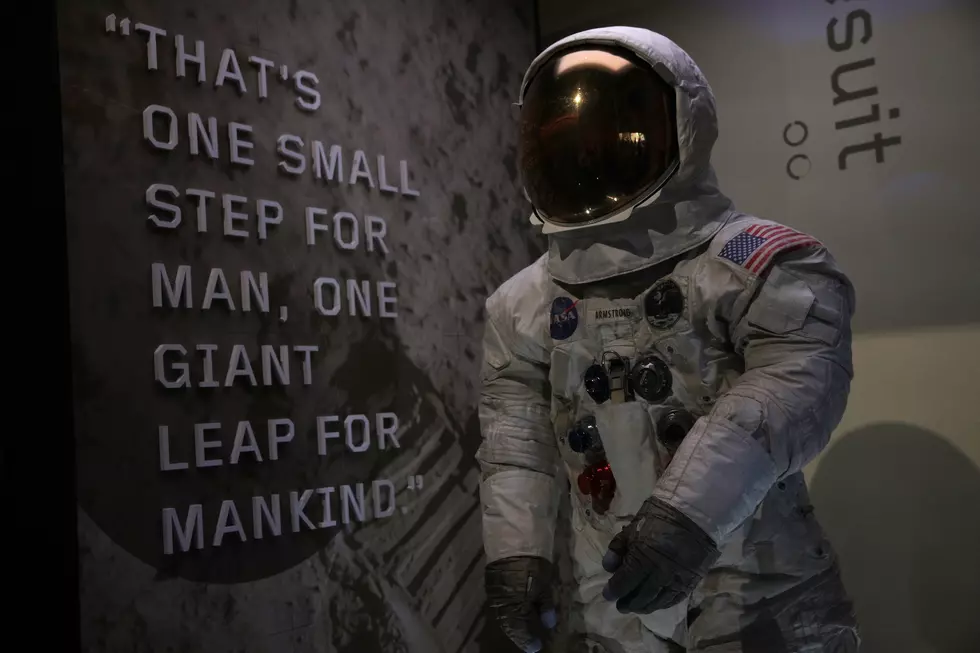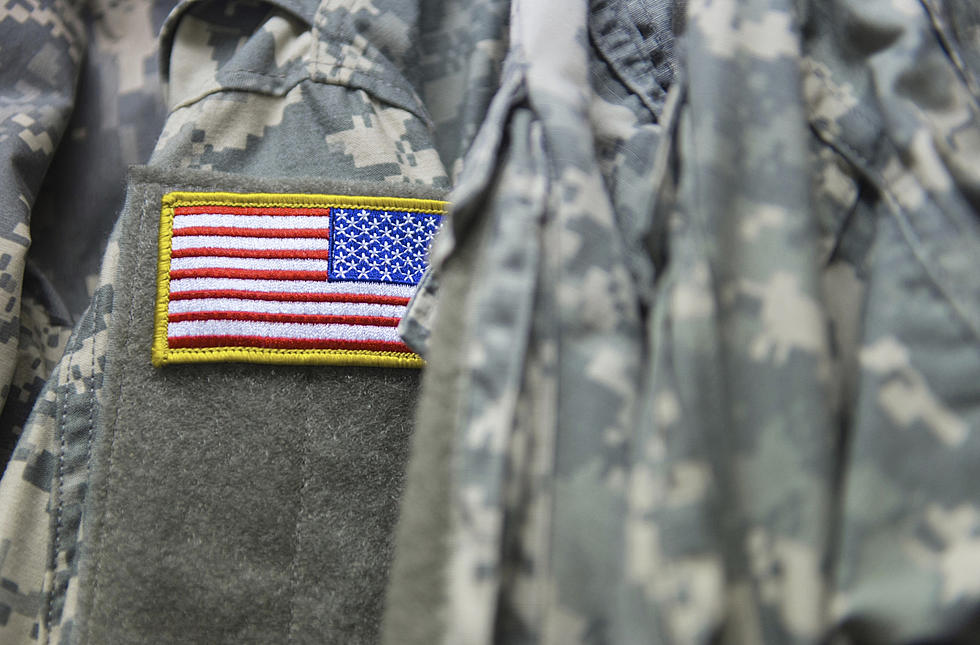
It’s the 51st Anniversary of the First Moon Landing
On May 25, 1961, President John F. Kennedy addressed Congress with the goal of convincing them that the United States had to taking a leading role in space exploration.
The Russians were well ahead of us in terms of rocket and satellite technology, which Kennedy and other leaders knew was dangerous not only in terms of security and world influence, but to the way Americans perceived themselves.
"For while we cannot guarantee that we shall one day be first, we can guarantee that any failure to make this effort will make us last," he said. "Space is open to us now, and our eagerness to share its meaning is not governed by the efforts of others. We go into space because whatever mankind must undertake, free men must fully share."
Kennedy believed it was America's duty to be the first to reach the moon. We had to demonstrate that American values allowed free people to accomplish the impossible. While the goal was ostensibly a noble call to action for the sake of peaceful exploration, Kennedy knew that accomplishing something huge in space would demonstrate American strength at a time when the U.S. and the U.S.S.R. were competing for ideological dominance on Earth.
Speaking at Rice University on September 12, 1962, Kennedy set a clear goal: To land Americans on the lunar surface before the decade was out, and to do it before Russia.
"We choose to go to the moon," he said. "We choose to go to the moon in this decade and do the other things, not because they are easy, but because they are hard, because that goal will serve to organize and measure the best of our energies and skills, because that challenge is one that we are willing to accept, one we are unwilling to postpone, and one which we intend to win, and the others, too."
"[T]his city of Houston," he said, "this State of Texas, this country of the United States was not built by those who waited and rested and wished to look behind them. This country was conquered by those who moved forward, and so will space."
Sadly, Kennedy didn't live to see humanity's first steps on the moon. Before he was assassinated in November of 1963, he may have even began to doubt it would happen. It's easy to look back at those stirring speeches and the footage of the first lunar landing and think Americans were swept up in a wave of enthusiasm to get our people to the moon as quickly as possible.
That wasn't the case, though. Writing for The Atlantic last year, Alexis Madrigal looked back at polls and documents showing that a huge number of Americans thought the space program was a waste of time, money, and resources. (Sadly, I still hear this sentiment expressed today despite all the modern advancements and technology we enjoy thanks to space research.)
So, not only was the physical act of getting American astronauts to the moon a Herculean task, but so was keeping people enthusiastic about the endeavor.
Despite all the challenges and the tumult happening here on the Pale Blue Dot, Apollo 11 astronauts Neil Armstrong and Buzz Aldrin set foot on the lunar surface on July 20, 1969. Command Module Pilot Michael Collins orbited the moon in the command module, and shouldn't be forgotten.
Most of us have grown up watching high definition footage of space from the International Space Station and seeing beautiful satellite photos of our world and other worlds. It's easy to take it all for granted and treat it all like no big deal, but nothing was certain when the Apollo project started and those astronauts embarked on their mission.
I think it's important to take time today to watch the lunar landing footage, the interviews, and the documentaries and to reflect not only on how far we've come, but on how much was accomplished so quickly with so little, and how much is left to be accomplished and explored.
Here on Earth, we're experiencing some dark times. So were the people who stopped what they were doing to watch the first lunar landing. Things looked grim then and they look grim now. There's a new moon tonight, so it'll look dark as well.
When things seem hopeless and despair threatens to drown our spirits, we can look back at this remarkable human achievement, accomplished by people who worked together in a time of disharmony and confusion, and get a sense that there are still great things to be done by brilliant people on this planet - things we can all unite behind if we choose to recognize and celebrate the things that make us all human: our sense of wonder, our innate need to explore, and our endless curiosity.
Whatever motivates us to get out there and explore, I still believe that the fruits we bring back serve to give us perspective and bring us together. We could all use that right about now.

KEEP READING: What were the most popular baby names from the past 100 years?
More From KUSJ-FM









